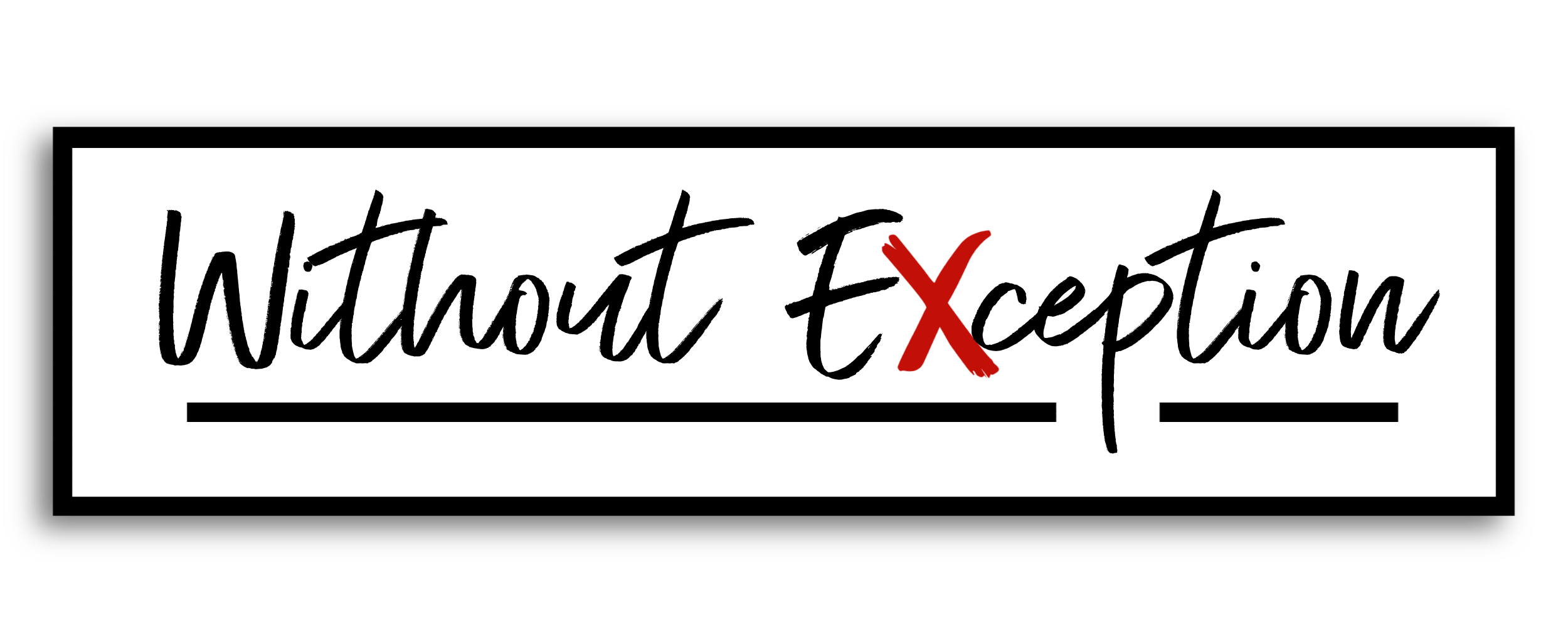Zechariah’s prophecy ends on a largely positive note. After an almost parabolic denouncement of the shepherds (leaders) in Judah by Zechariah in chapter 11, there comes a message of hope for Judah in the final chapters. This is incredibly significant when we consider the historical context of Zechariah. Zechariah’s ministry occurred around the year 520 B.C., which was located in the time period between the return from exile and the reconstruction of the temple and the walls of Jerusalem.[1] The people of Judah left Babylon to return home after it was conquered by Persia, and this was a major turning point for them! They got to go home! It sounds wonderful, right? Returning to the promised land, their homeland, the land promised to their ancestor Abraham and inhabited since the days of Joshua. What a blessing!
However, we must remember they weren’t returning home like we do from vacations or trips where the house is there ready for us. It has our possessions, it’s familiar, and it’s livable. The people of Judah were returning home to land that had been pillaged by the Babylonians. Jerusalem was destroyed. The walls were torn down. The great temple made under Solomon’s direction was destroyed. The return home was exciting, but it was a time for rebuilding. In the midst of the good news of their freedom and the return home there was the sad reality that things weren’t going to be as they were. Their homes needed rebuilt. Jerusalem wasn’t secure, the walls were destroyed. The temple they were familiar with was reduced to rubble. There were certainly reasons to be joyous, but the reality of the situation was surely depressing in many ways.
To this group, Zechariah offers a message of hope. The same God who created the heavens and the earth (12:1) is going to make Jerusalem a cup of drunken stumbling to the nations around them (12:2). The people of Judah would be like a fire amongst a forest, or a field of grain and they would be secure in their land (12:6). The Lord will pour out a spirit of mercy and of repentance (12:10) and idolatry and false prophets would be cut off (13:2-6).
There will be a future day of brightness without night (14:6-7) a day where living waters would flow from Jerusalem (14:8) and a day when the LORD would be king over all the earth (14:9). Similar to what the prophet Habakkuk once prophesied, “For the earth will be filled with the knowledge of the glory of the LORD as the waters cover the sea” (Hab. 2:14).
In the midst of destruction and discouragement, a message of hope comes. The city of David lying in rubble and ashes wasn’t the end of the story.
“The city of David lying in rubble and ashes wasn’t the end of the story.”
Though the temple and city walls were a heap of ruins, God wasn’t done with them yet. He had a future, a future filled with hope, and a time when He would rule as the true Sovereign not only over Jerusalem but over all the earth. This message came through Zechariah at just the right time to a group of people who were surely overwhelmed and discouraged with the present status of things.
I think these things ought to encourage us today who inhabit a world that is sin-stained, fallen, and incredibly far from the picture of the “very good” that was once attributed to it (Gen. 1:31). We live in a world filled with suffering. We live in a world filled with sin. We live in a world filled with countless things that aren’t as they are supposed to be. Surely there are times where we look around and feel like the people of Judah at the onset of reconstruction: it looks hopeless. It looks like things will never be made right. To this, Zechariah offers a message of hope for the returned exiles and us that no matter what it looks like at the present, God still has a plan. This should remind us of God’s purposes not only for Judah but for the whole creation. The Apostle Peter tells us that we await a new creation, “in which righteousness dwells (2 Pet. 3:13). There is a day coming when the wolf will lie down with the lamb (Is. 11:6). A day when the heavenly city’s gates won’t be shut because there is no threat (see Rev. 21:25). There will be no reason to fear on that day. God’s purposes in creation will have been finally culminated.
As the people of Zechariah’s day saw the present reality of destruction and heard of a future hope that came from a faithful God, so we see a similar picture. God is faithful. He is at work. No matter what it looks like today, He has plans for the redemption of all creation. In this, even the creation awaits with eager longing (Rom. 8:19). He’s a good God, who will surely finish what He’s begun. No matter what it looks like today, God’s plans ought to give us hope for the finished product that we’ll experience one day.
[1] Crossway Bibles, The ESV Study Bible (Wheaton, IL: Crossway Bibles, 2008), 1769.


Leave a Reply